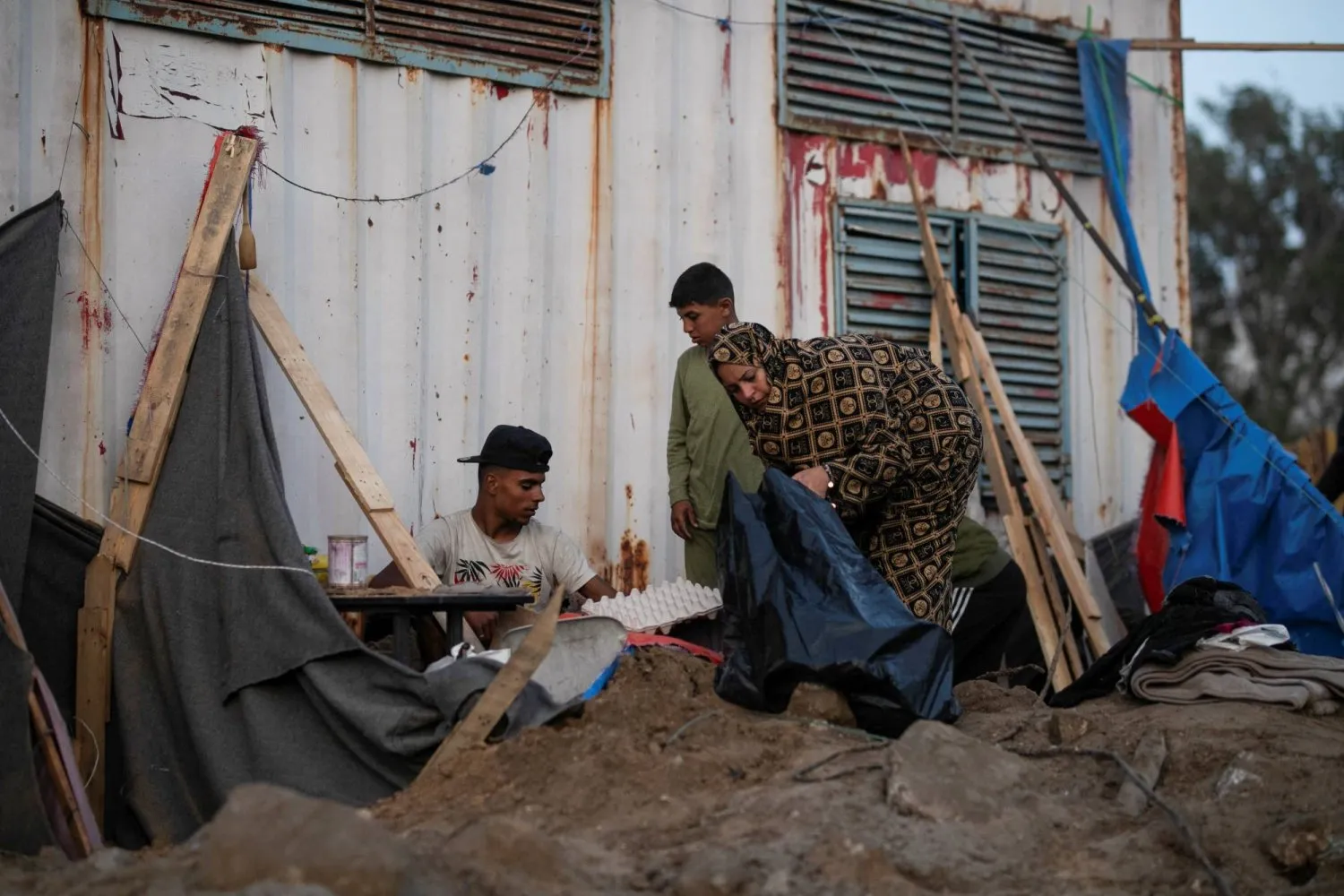The war between Israel and Hamas that has killed tens of thousands of Palestinians in Gaza and resulted in a severe humanitarian crisis has had “a significant negative impact” on the human rights situation in the country, the US State Department said in its annual report on Monday.
Significant human rights issues include credible reports of arbitrary or unlawful killings, enforced disappearance, torture and unjustified arrests of journalists among others, said the State Department’s 2023 Country Reports on Human Rights Practices, according to Reuters.
The report added that the Israeli government has taken some credible steps to identify and punish the officials who may have been involved in those abuses.
In his first comment on the report, Secretary of State Antony Blinken said Monday that the State Department was continuing to assess allegations that Israel has violated human rights law in its operations against Hamas in Gaza.
Blinken rejected suggestions that Washington might have a “double standard” when it comes to applying the law with Israel.
“Do we have a double standard? The answer is no,” Blinken told a news conference announcing the Department's annual human rights country reports.
Israel's military conduct has come under increasing scrutiny as its forces have killed 34,000 Palestinians in besieged Gaza, according to the enclave's health authorities, many of them civilians and children.
The Gaza Strip has been reduced to a wasteland, and extreme food shortages have prompted fears of famine.
Israel launched its assault in response to a Hamas attack on Oct. 7, in which Israel says 1,200 people were killed.
Rights groups have flagged numerous incidents of civilian harm during the Israeli army's offensive in Gaza, as well as raised alarm about rising violence in the Israeli-occupied West Bank.
Palestinian Health Ministry records show Israeli forces or settlers have killed at least 460 Palestinians in the West Bank since Oct. 7. But so far the Biden administration has said it has not found Israel in breach of international law.









